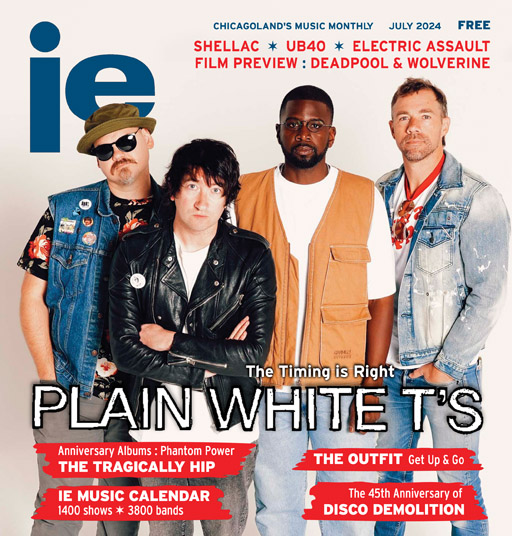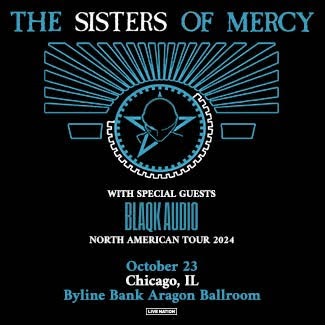Media: July 2020
When John Williams arrived at WGN in 1997, he was thrilled because he grew up listening to the station.
“I grew up listening to Wally (Phillips) and Roy (Leonard) and Kathy (O’Malley) and Judy (Markey) and Bob (Collins). I thought Roy was one of the most capable interviewers I ever heard. Wally was one of the most seamless broadcasters I ever heard. Bob Collins had the most natural energy. “
At the time, the station was dedicated to the proposition of serving the entire city of Chicago. That often meant leaving politics at the door and listening to what the other side had to say.
“Was Wally Phillips a Republican? I was his intern and I have no idea. Bob Collins was conservative, but he welcomed you. What was Spike (O’Dell)? He was conservative, but he was positively jolly and friendly. You need to stay relevant without alienating half your audience. I think right now from Bob Sirott on, we’re all reading from that playbook. That’s not taking it easy. That’s really hard to do.”
It’s a conscious change of pace from where WGN has been at times since Williams joined the station.
“The idea used to be to find a topic, get a lever, and work it, work it, work it. That’s not the way we’re doing it anymore. We’re trying very hard to keep it local. You could talk about the national issues all day, and they do come up on the show, but I think the reason we’re resonating now, is that we’re more concerned about the street closings in Chicago than what is resonating in Washington. I’m not looking for enemies or bad guys. I’m just trying to get you through the day and to do it competently and with compassion.
People ask, ‘What happened to WGN, it’s not what it used to be’, but I think more now than ever it is. We don’t have table bangers. We’re not screaming and yelling at people. We’re listening. We know we cast a wide net, and there’s a lot of people out there. We’re not saying one side is right or the other side is right. I say, here is how I feel. You may agree or disagree, and that’s OK. The biggest compliment to me is the people who don’t agree and still listen. In the past, I tried to convert everyone and tried to beat them into submission. I think now more than ever, Chicago needs a calming and competent voice. And I’m working toward that every day.”
One of the trademark segments Williams runs every week is his Friday feature called ‘The Bright Side.’ He forces himself to concentrate on the positive, to accentuate good news.
“The harder the times are, the more we need this segment. People say you can’t do it now because the news is so terrible, and I say, you MUST do it now BECAUSE the news is so terrible. We open extra phone lines and they are always jammed. People call up to share their good news. They aren’t making it up. People still want to see the bright side of life. It’s often fun and lighthearted, but sometimes it’s serious too. They are relieved the tumor was benign, or their son came home safely. I’ll admit there have been times when I didn’t love the bright side segment, because I recognize it’s not exactly cutting edge radio, and yet, I always do it, and I always feel better after I do. It’s not complicated. I call it the group hug that works every single time. Sometimes people will call up from places I know they can’t listen from. One time we got a call from a guy who was out ice fishing on a frozen lake in northern Minnesota. He wasn’t within earshot, and he didn’t have the radio on, but he knew we were going to be doing the segment. He called just to say that sharing this ice fishing day with his son was a wonderful experience. It was such a giving back moment. He just wanted to share his good news. That’s the essence of the segment.”
Over the years, Williams has done lots of different timeslots at the station, but after the recent lineup shuffle earlier this year, he’s now handling the midday slot from 9am—1pm.
“In some ways, you can say I do three shows now. The 9-10 am hour is the last hour of morning drive, and that hour has more service elements and comic relief. The 10 am -Noon slot is more of a traditional talk show. And then the Wintrust Business Lunch at noon has a different producer, and the subject is business. So, it’s really like doing three different shows. It helps me to think of it that way. Four hours of talk radio is daunting. When I break it down like that, it’s much easier for me to handle it.”
And he feels like he is contributing to a truly worthwhile cause these days.
“I think that what we’re doing now is more meaningful than anything we’ve done before. We were here on 9-11. We were here when Bob Collins died. We were here during the financial collapse of 2008. And now I feel we’re here with our listeners again at a very critical juncture of their lives. It feels more challenging but also more rewarding than anything we’ve ever done.”
-Rick Kaempfer










